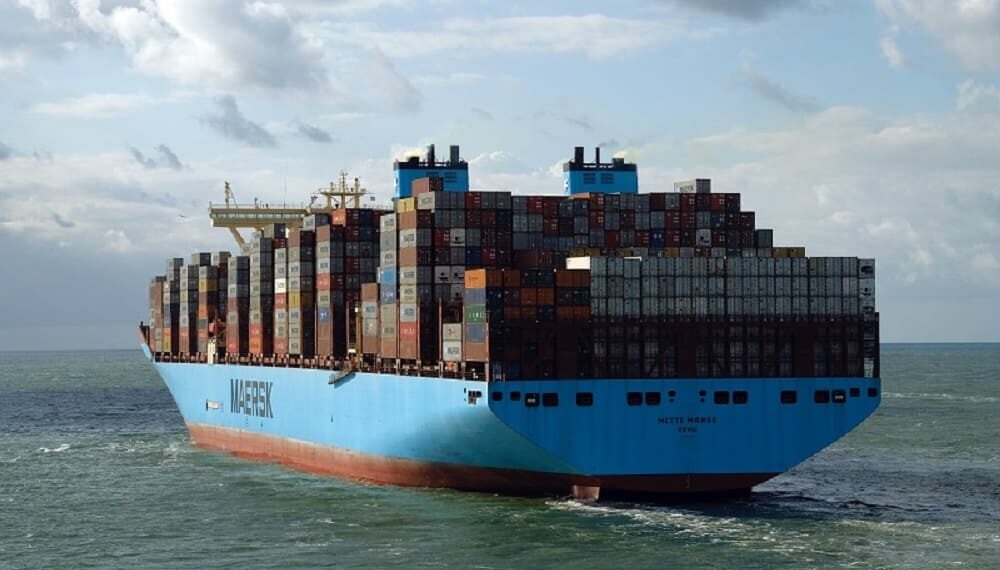In a recent move, major classification societies, along with Korean and Japanese shipbuilders, happen to be members of the new Nuclear Energy Maritime Organisation- NEMO which will be headquartered in London and is going to officially start activities within the second quarter of 2024.
The association looks forward to assisting nuclear as well as maritime regulators in the development of apt standards and rules for the rollout, operation, along with the decommissioning of floating nuclear power.
The inaugural members of NEMO are shipyards Vard Group; classification societies Lloyd’s Register, HD Korea Shipbuilding and Offshore Engineering, Onomichi Dockyard, Bureau Veritas, as well as RINA; manufacturing company BWXT Advanced Technologies; nuclear tech companies TerraPower, Westinghouse Electric Company, Core Power; and consultants JEIL Partners.
NEMO’s inaugural chairman and former head of the IAEA Safety Assessment Section and Global Nuclear Director at Lloyd’s Register, Mamdouh el-Shanawany, said he happened to believe that NEMO is indeed going to be a valuable and influential voice when it comes to floating nuclear power and that they invite all the stakeholders who go on to share their vision and values to join them and become part of such a dynamic and forward-looking alliance.
It is well to be noted that NEMO looks forward to providing a platform for its members to network and, at the same time, enable a functional connection when it comes to regulators to bring about development and exchange best practices within advanced nuclear technologies.
Mikael Boe, who is the NEMO Vice Chair and also CEO of Core Power, remarked that they indeed look forward to working via NEMO with the like-minded members in order to facilitate the uptake when it comes to true zero-emissions technology in the maritime sector while at the same time also upholding the highest safety, security, and environmental standards.
It is worth noting that NEMO plans to hold regular events, workshops, webinars, and publications for its members and the wider public, inciting certain other industry associations, government bodies, academic institutions, and civil society organizations to go ahead and also advance the cause when it comes to floating nuclear power.


































